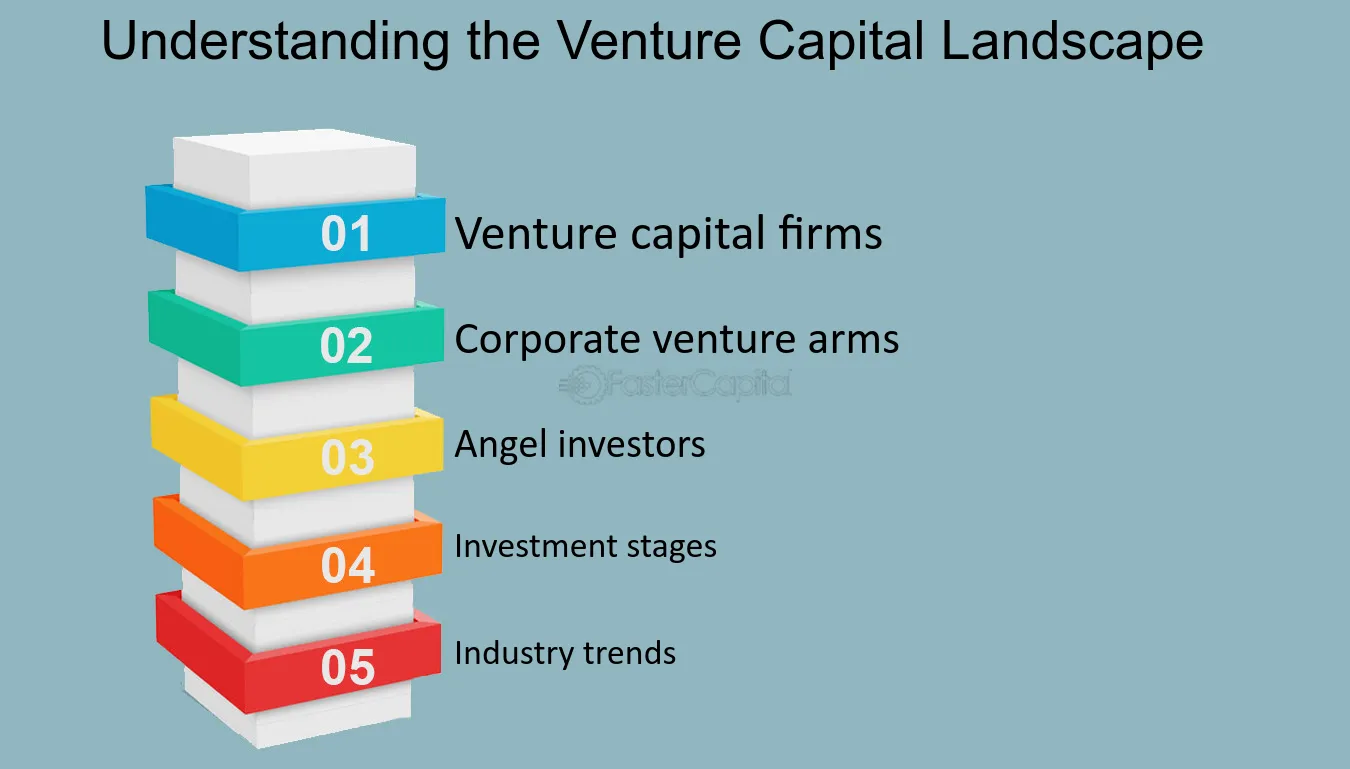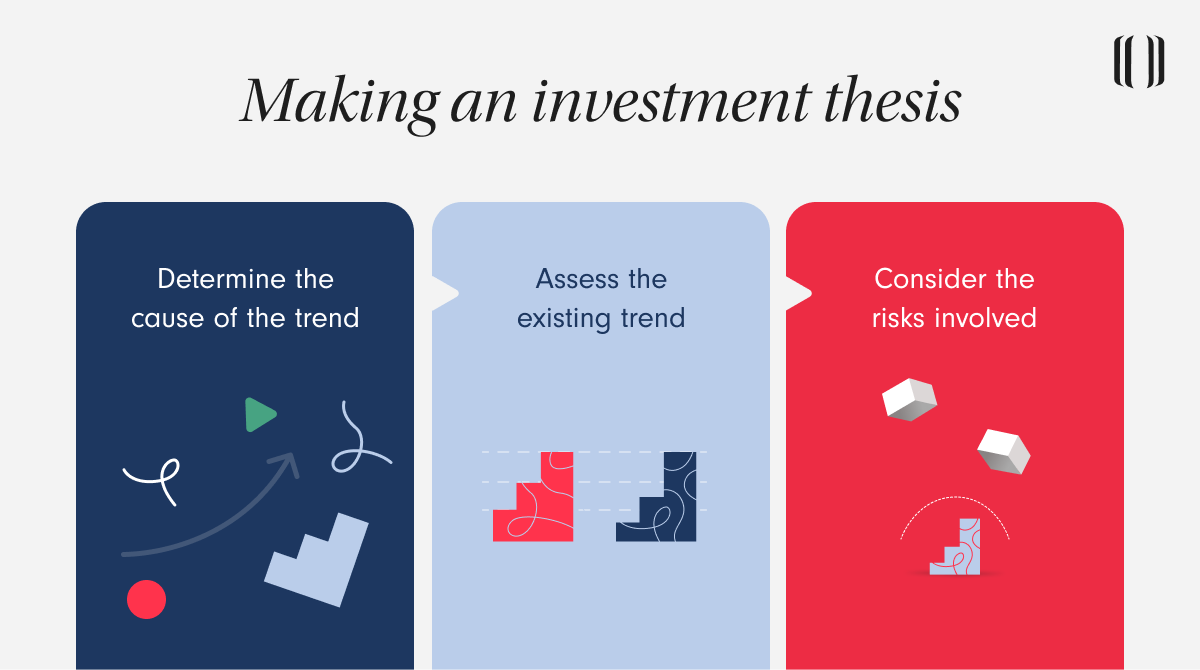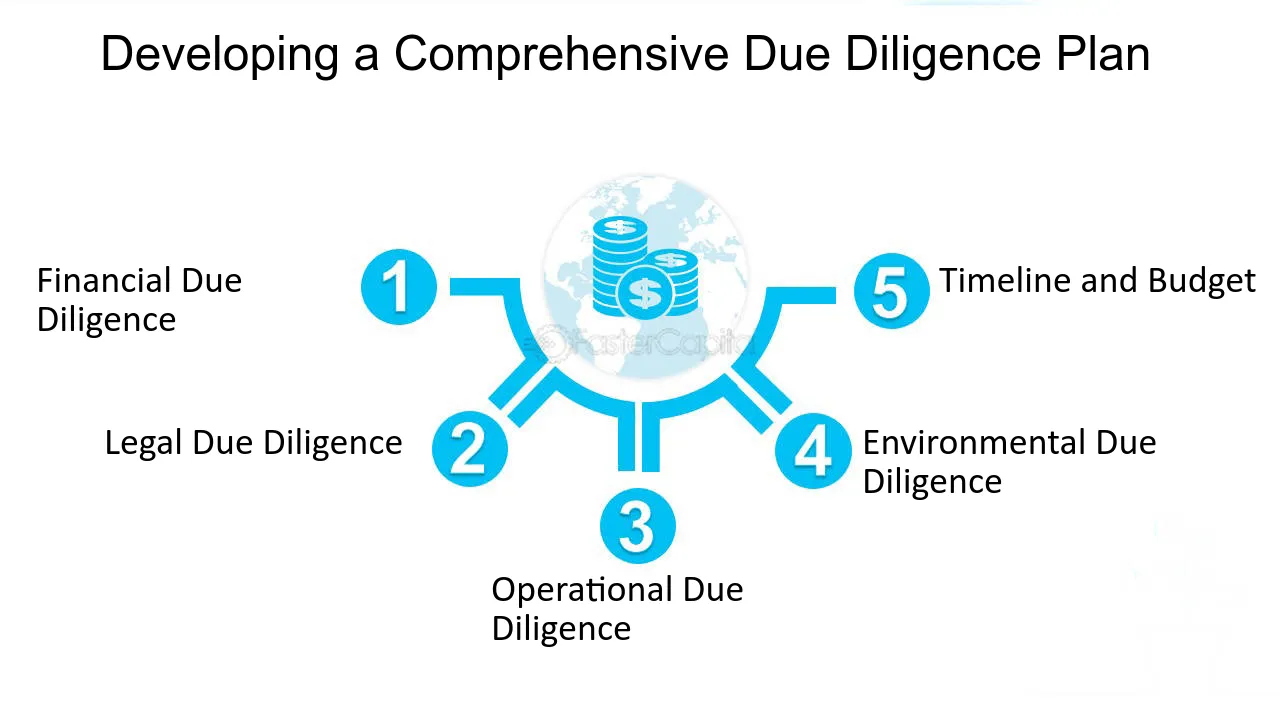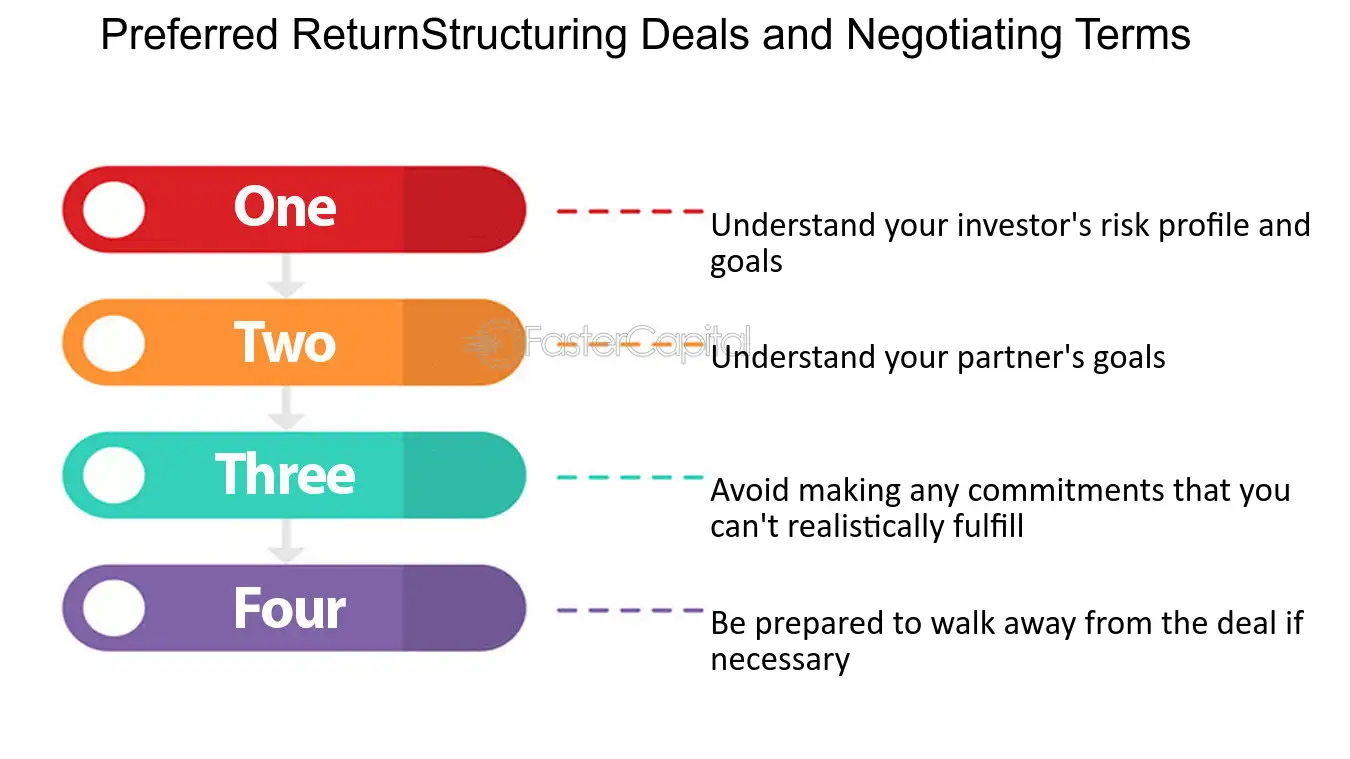Venture capital plays a crucial role in fueling innovation and driving economic growth. It provides essential funding and support to startups with high growth potential, enabling them to turn groundbreaking ideas into successful businesses. For entrepreneurs and investors alike, understanding the intricacies of venture capital is key to navigating this dynamic landscape.
This article delves into the strategies for developing effective venture capital investment approaches. It covers topics such as understanding the venture capital ecosystem, defining an investment thesis, building a strong deal flow pipeline, and implementing a thorough due diligence process. Additionally, it explores the nuances of structuring deals and negotiating terms, providing insights to help both new and experienced venture capitalists make informed decisions in this competitive field.
Understanding the Venture Capital Landscape

The venture capital landscape plays a crucial role in fostering innovation and driving economic growth. It provides essential funding and support to startups with high growth potential, enabling them to turn groundbreaking ideas into successful businesses. To navigate this dynamic ecosystem effectively, it’s important to understand its key players, current trends, and different types of venture capital firms.
Key players in the VC ecosystem
The venture capital ecosystem comprises several key players who work together to fuel innovation and support promising startups. These include:
Current trends shaping VC investments
The venture capital landscape is constantly evolving, with several trends shaping investments in recent years:
Different types of VC firms and their focus areas
Venture capital firms can be classified into various categories based on their investment stage, industry focus, and funding structure:
Understanding these key aspects of the venture capital landscape is essential for entrepreneurs seeking funding and investors looking to make informed decisions in this dynamic and competitive field.
Defining Your Investment Thesis

Defining a clear investment thesis is crucial for venture capital firms to attract the right limited partners and make informed investment decisions. An effective investment thesis identifies the stage, geography, and focus of investments, as well as the unique differentiation of the firm 1. By developing a well-defined thesis, venture capitalists can align their strategy with the allocation requirements of limited partners and increase their chances of success in the competitive world of startup investing.
Identifying your target industries and sectors
When selecting target industries and sectors, venture capital firms should consider their expertise, market trends, and potential for high returns. Many VCs choose to focus on specific sectors such as healthcare, technology, or renewable energy 2. This specialization allows them to leverage their knowledge and networks to provide valuable insights to portfolio companies. For example, some VCs may target fintech companies on the East Coast or German SaaS companies 3. By narrowing their focus, venture capitalists can develop a deeper understanding of market dynamics and better evaluate potential investments.
Determining your preferred investment stages
Venture capital firms typically specialize in specific investment stages, such as seed, Series A, or Series B funding. The choice of investment stage often depends on the fund size and the manager’s deal access 1. For new managers, angel, pre-seed, or seed stages are common choices. Limited partners generally prefer funds with a focused stage over multi-stage funds 1. When determining the preferred investment stage, venture capitalists should consider their risk tolerance, available capital, and ability to add value to companies at different stages of growth.
Setting your geographic focus
Establishing a clear geographic focus is essential for venture capital firms. This decision is typically made early in the fund formation process and doesn’t change significantly 4. The geographic focus can be based on factors such as access to deal flow, understanding of local markets, and alignment with limited partner criteria 4. For example, a fund may choose to focus on investments in a specific country, a set of countries, or a small geographic region 1. By concentrating on a particular area, venture capitalists can build strong local networks and gain a competitive advantage in sourcing and evaluating deals.
Aligning with your expertise and network
To develop a compelling investment thesis, venture capitalists should align their focus with their expertise and network. This alignment allows them to provide valuable insights and support to portfolio companies beyond just financial backing. VCs often have extensive networks that span across industries, geographies, and functions 2. By leveraging these connections, they can help startups find potential customers, partners, or talent 2. Additionally, venture capitalists with operational backgrounds can offer valuable expertise in optimizing processes and scaling businesses 2.
In conclusion, defining a clear investment thesis is essential for venture capital firms to succeed in the competitive startup ecosystem. By carefully selecting target industries, investment stages, geographic focus, and aligning with their expertise and network, venture capitalists can create a compelling strategy that attracts the right limited partners and positions them for success in identifying and supporting promising startups.
Building a Robust Deal Flow Pipeline

Building a robust deal flow pipeline is crucial for venture capital firms to identify and secure high-quality investment opportunities. A strong pipeline ensures a steady stream of potential deals, allowing venture capitalists to make informed decisions and maximize their chances of success. To achieve this, venture capital firms employ various strategies and leverage their networks to source promising startups.
Leveraging personal and professional networks
One of the most effective ways to build a strong deal flow pipeline is by leveraging personal and professional networks. According to a survey conducted by Harvard Business Review, nearly 70% of deals come from connections in a venture capitalist’s network 5. This highlights the importance of cultivating relationships within the industry. Venture capitalists often connect with other investors, entrepreneurs, industry experts, lawyers, and accountants to expand their reach and gain access to potential investment opportunities.
To make the most of their networks, venture capitalists should adopt a long-term view of relationship management and strive to become super-connectors. This involves providing value to their network by sharing insights, making introductions, and offering advice. By fostering mutually beneficial relationships, venture capitalists can increase their chances of receiving quality referrals and deal flow.
Attending industry events and conferences
Participating in industry events and conferences is another effective way to build a robust deal flow pipeline. These gatherings provide opportunities to network with other investors, entrepreneurs, and industry experts. Venture capitalists can attend events such as pitch competitions, demo days, and startup meetups to discover promising ventures and expand their network.
For example, conferences like Venture Atlanta and Web Summit offer platforms for startups to showcase their ideas and connect with potential investors 6. These events often feature keynote speakers, panel discussions, and networking sessions, allowing venture capitalists to gain valuable insights into market trends and emerging technologies.
Utilizing online platforms and databases
In today’s digital age, venture capital firms can leverage online platforms and databases to enhance their deal sourcing efforts. Websites like AngelList, Gust, and PitchBook provide access to a wide range of startups seeking funding 7. These platforms allow venture capitalists to efficiently filter and analyze large amounts of information, helping them identify potential investment targets that align with their investment strategy.
Additionally, utilizing relationship intelligence CRM platforms can help venture capital firms manage their contacts and stay informed about key events within their network 8. These tools enable dealmakers to track interactions, set up alerts, and search for specific expertise within their network, making it easier to identify and act on potential opportunities.
Establishing relationships with accelerators and incubators
Forming partnerships with accelerators and incubators can provide venture capital firms with access to a pipeline of promising early-stage startups. These programs often nurture innovative ideas and help entrepreneurs develop their businesses, making them valuable sources of deal flow for venture capitalists.
By collaborating with accelerators and incubators, venture capital firms can gain early access to startups and participate in demo days or pitch events. This allows them to identify potential investment opportunities before they become widely known in the market. Additionally, serving as mentors or advisors in these programs can help venture capitalists build relationships with entrepreneurs and establish themselves as valuable partners in the startup ecosystem.
Developing a Comprehensive Due Diligence Process

Venture capital due diligence is a critical process that involves in-depth research and analysis of potential investment opportunities. It helps investors identify potential pitfalls, assess a startup’s viability, and negotiate favorable terms. A comprehensive due diligence process is essential for making informed decisions in the high-stakes world of venture capital funding.
Assessing the management team and their track record
One of the most crucial aspects of venture capital due diligence is evaluating the startup’s management team. Investors closely examine the founders’ and key executives’ industry experience, educational background, and previous successes or failures in similar ventures. They assess leadership qualities, ability to innovate, and strategic decision-making skills. A strong track record of execution and adaptability to market changes are crucial indicators of a team’s capability to drive company growth and navigate challenges effectively.
Venture capital firms invest primarily in the management team and its ability to execute the business plan. They prefer executives who have successfully built businesses that have generated high returns for investors. Startups seeking venture capital investment should be prepared to provide a list of experienced, qualified individuals who will play central roles in the company’s development.
Evaluating the market opportunity and competitive landscape
Understanding the market opportunity and competitive landscape is essential for venture capital firms when assessing potential investments. This involves analyzing market size, growth trends, and the startup’s unique value proposition. Venture capitalists typically seek startups that address a large market size with high growth potential, as this indicates the revenue potential and probable value of the company.
Assessing the competitive landscape involves examining current and potential competitors, their market positions, product offerings, and overall strategies. Venture capitalists look for startups with a competitive advantage and barriers to entry, often through innovations, expertise, or partnerships. This analysis helps identify strategic opportunities and threats, forming the foundation for risk assessment and strategic planning.
Analyzing the business model and financial projections
A crucial part of venture capital due diligence is evaluating the startup’s business model and financial projections. This involves examining the company’s revenue model, cost structure, and growth potential. Common revenue models include subscription-based services, transactional models, and freemium offerings.
Venture capitalists carefully review financial statements, projections, and historical performance to assess the startup’s economic viability, revenue model, burn rate, and capital requirements. They look for potential issues in the financials and evaluate the company’s unit economics, breaking down revenue and cost structures into the smallest measurable units.
Conducting technical and legal due diligence
Technical due diligence involves evaluating the startup’s technology or intellectual property, assessing its uniqueness and protectability. Venture capitalists want to ensure that the startup has a defensible competitive advantage and that its products or services offer significant value to customers.
Legal due diligence is equally important, as it helps identify potential regulatory or compliance issues that could impact the investment. This process involves examining contracts, licenses, intellectual property rights, and any ongoing legal disputes. Venture capitalists must ensure that the deal complies with all relevant laws and regulations, as non-compliance or legal issues can significantly affect the investment.
By conducting a comprehensive due diligence process that covers these key areas, venture capital firms can make more informed investment decisions and increase their chances of backing startups with solid growth prospects and long-term success potential.
Structuring Deals and Negotiating Terms

Venture capital deals involve complex negotiations and careful structuring to protect the interests of both investors and entrepreneurs. Understanding different types of investment instruments, determining appropriate valuation methods, negotiating key terms and conditions, and protecting interests through legal agreements are crucial aspects of this process.
Understanding different types of investment instruments
Venture capital firms use various investment instruments to structure their deals. The most common type is preferred stock, which offers investors priority over common stockholders in the event of liquidation. Convertible preferred stock is another popular option, allowing investors to convert their shares into common stock under certain conditions. Some venture capitalists may also use subordinated debt as part of their investment strategy, which can provide additional protection in case the company underperforms 9.
Determining appropriate valuation methods
Valuing a startup for venture capital financing can be challenging due to the lack of historical data and uncertain future prospects. Several methods are commonly used to estimate a startup’s value:
Negotiating key terms and conditions
When negotiating venture capital deals, entrepreneurs should focus on the most critical terms that can significantly impact their company’s future. Some key areas to consider include:
Protecting your interests through legal agreements
To safeguard the interests of all parties involved, venture capital transactions typically involve several legal documents:
By carefully structuring deals and negotiating terms, both venture capitalists and entrepreneurs can create a foundation for a successful partnership. It’s crucial to focus on the most important issues during negotiations and seek professional advice when needed to ensure a fair and balanced agreement that aligns the interests of all parties involved.
Conclusion
Developing effective venture capital investment strategies is crucial to navigate the dynamic landscape of startup funding. The process involves understanding the VC ecosystem, defining a clear investment thesis, building a strong deal flow pipeline, and implementing a thorough due diligence process. By focusing on these key areas, venture capitalists can increase their chances of identifying promising startups and making informed investment decisions.
Structuring deals and negotiating terms are essential steps to protect the interests of both investors and entrepreneurs. This involves understanding different investment instruments, determining appropriate valuation methods, and negotiating key terms and conditions. To wrap up, successful venture capital investing requires a mix of strategic thinking, market knowledge, and careful risk assessment. By following these guidelines, venture capitalists can position themselves to make smart investments and contribute to the growth of innovative startups.
FAQs
- What are the key strategies employed by venture capital funds?
Venture capital investment strategies focus on aligning investment goals with prevailing market trends and establishing effective structures and policies to support the investment process. Venture capital is a type of private equity that targets early-stage companies poised for significant growth. - What qualities define a successful venture capital investor?
A successful venture capital or angel investor typically possesses a profound understanding of the industry, maintains a robust network, and has a keen eye for identifying promising startups and investment opportunities. - How do corporate venture capitals decide on their investments?
Corporate venture capitals (CVCs) prioritize investments that promise a good financial return and enhance their strategic capabilities. If a potential investment does not align with the strategic goals of the CVC, it is generally not considered. - What criteria do venture capitalists consider when making investments?
Venture capitalists evaluate several factors before investing, including the strength of the management team, the viability of the business concept and plan, the potential of the market, and the overall risk associated with the investment.
References
[1] – https://govclab.com/2023/11/21/venture-capital-investment-thesis/
[2] – https://fastercapital.com/topics/leveraging-the-expertise-and-network-of-your-vc-investors.html
[3] – https://fi.co/insight/template-for-creating-a-vc-investment-thesis
[4] – https://fi.co/insight/guide-to-selecting-a-venture-capital-investment-focus
[5] – https://www.affinity.co/blog/venture-capitalists-deal-flow
[6] – https://startupvoyager.com/venture-capital-conferences/
[7] – https://stackby.com/blog/venture-capital-deal-flow/
[8] – https://www.4degrees.ai/blog/how-venture-capital-firms-can-improve-deal-sourcing
[9] – https://www.ahlawatassociates.com/blog/key-terms-in-venture-capital-transactions-and-protection-of-legal-interests-of-startups
[10] – https://lions.financial/what-are-the-methods-for-valuing-a-startup-for-venture-capital-financing/
[11] – https://europe.republic.com/academy/4-valuation-methods-used-by-vcs-and-angels
[12] – https://www.cooleygo.com/negotiating-term-sheets/
[13] – https://www.wojciklawfirm.com/venture-capital-deal-documents




